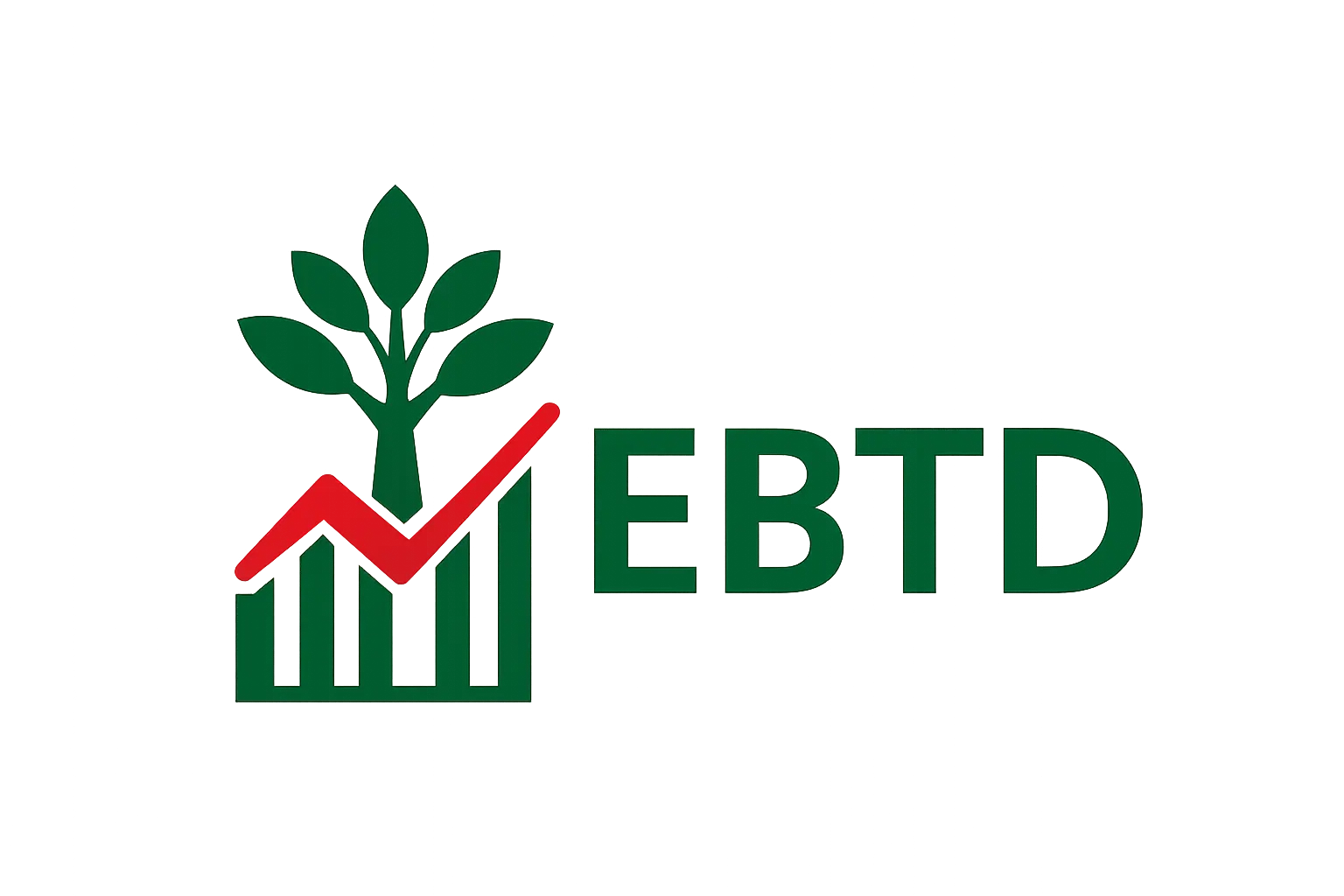Comparative Guide: Computer Science & ICT (IGCSE & O Level) in Bangladesh
For schools and teachers in Bangladesh, Computer Science and ICT serve distinct aims. Computer Science develops computational thinking, programming and systems, while ICT focuses on applied digital literacy, productivity tools and safe online practice. This page groups both so departments can plan coherent pathways from KS3 to IGCSE/O Level and beyond.
Part A — Computer Science
Content & Structure
- Cambridge O Level Computer Science (2210) — Two papers: Written theory (algorithms, data, hardware, software, networks) and Problem-solving & programming (algorithm design, pseudocode, program reasoning).
- Pearson Edexcel International GCSE Computer Science (4CP0) — Paper 1: Principles (2h, theory) and Paper 2: Application of Computational Thinking (3h practical coding with algorithm design and debugging).
- OxfordAQA International GCSE Computer Science — Two papers with a combined emphasis on computational thinking, programming constructs, data representation, systems architecture, networks and wider impacts.
Implications for Teaching
- Build a “code every week” routine (short katas → larger problems), interleaving algorithms (trace/dry run) with data representation and systems topics.
- Model pseudocode/flowcharts explicitly; teach test design (normal/boundary/erroneous) and debugging strategies.
- Schedule longer practicals ahead of any 3-hour application papers; rehearse file I/O and problem decomposition.
Implications for Students
- Expect mixed questions: theory recall, applied reasoning, algorithm design and actual coding (where applicable).
- Clarity of logic and stepwise refinement are rewarded; commenting, naming and structured approaches help under time pressure.
Opportunities
- Direct preparation for A Level Computer Science, Software Engineering pathways and competitive programming clubs.
- Authentic skills (problem solving, abstraction, debugging) valued by universities and employers.
Computer Science: Key Comparisons at a Glance
| Exam Board | Papers & Duration | Practical / Coding Model | Core Topics | Languages / Notation | Notes for Curriculum Design | Official Page |
|---|---|---|---|---|---|---|
| Cambridge O Level Computer Science (2210) | 2 papers (theory + problem-solving) | Paper-based algorithmic reasoning and program logic | Algorithms; Programming concepts; Data representation; Computer systems; Networks; Security | Structured pseudocode & flowcharts; language-agnostic | Rehearse tracing/desk checks; teach algorithm patterns (search/sort); integrate small code tasks each week | Cambridge 2210 |
| Edexcel Int. GCSE Computer Science (4CP0) | Paper 1: 2h (principles) Paper 2: 3h (applied coding) |
On-screen/problem booklet coding (algorithm design, implementation, debugging) | Computational thinking; Programming; Data; Systems; Networks; Wider impacts | Commonly Python (also Java/C#); algorithmic pseudocode | Schedule long-form coding rehearsals; embed file I/O, arrays/lists, selection/iteration, procedures/functions | Edexcel 4CP0 |
| OxfordAQA Int. GCSE Computer Science | 2 papers (balanced theory & problem solving) | Computational thinking tasks; applied programming & algorithm design | Programming constructs; Data & representation; Architecture; Networks; Cybersecurity; Ethical impacts | Pseudocode conventions + high-level language (typically Python) | Map command words (state/explain/assess); interleave small coding tasks with regular algorithm traces | OxfordAQA CS |
Part B — Information & Communication Technology (ICT)
ICT focuses on applied digital literacy and the confident, safe use of software tools to solve problems. It is distinct from Computer Science and can serve as a complementary pathway or alternative route depending on student needs.
Content & Structure
- Pearson Edexcel International GCSE ICT (4IT1) — Paper 1: written (1h30, digital devices, connectivity, operating online, online goods & services, impacts) and Paper 2: practical (3h, applying ICT: word processing, spreadsheets, databases, presentations, file management).
Implications for Teaching
- Plan weekly hands-on labs in spreadsheets and databases; teach mail merge, data validation, charts, queries and simple relational thinking.
- Integrate e-safety, digital citizenship and evaluation of online sources; rehearse file management and folder structures for the practical.
Implications for Students
- Expect practical accuracy marks (naming, saving, formatting) alongside short-answer explanation in Paper 1.
- Transferable skills for subjects that rely on data handling and presentations.
Opportunities
- Supports cross-curricular digital competence; strong fit for students aiming at business, commerce and social sciences.
ICT: At a Glance (Edexcel)
| Qualification | Papers & Duration | Practical Model | Core Topics | Software Skills Assessed | Notes for Curriculum Design | Official Page |
|---|---|---|---|---|---|---|
| Edexcel Int. GCSE ICT (4IT1) | Paper 1: 1h30 (theory, 50%) Paper 2: 3h (practical, 50%) |
PC-based practical: timed tasks with files/resources | Digital devices; Connectivity; Operating online; E-commerce; Social & ethical impacts | Word processing; Spreadsheets; Databases; Presentations; File management | Run live mock practicals; teach consistent file naming and evidence prints/screens; weekly spreadsheet/database labs | Edexcel 4IT1 |
Conclusion
Computer Science emphasises algorithms, programming and systems thinking, with papers that test reasoning and (for some boards) real coding under exam conditions. ICT prioritises applied digital literacy and productivity software skills in realistic tasks. Departments in Bangladesh often run one or both, aligning with staffing expertise, facilities and student progression goals (A Level CS, Business, Economics, ICT certifications).
